Topics: A New Book — Reparations for Slavery and the Slave Trade. The Highly Acclaimed Book — When They Call You A Terrorist: A Black Lives Matter Memoir. The “Professor” on the Soap Box Discussing the Problem of NEGROES Harming the Race! Guests: Dr. Ana Lucia Araujo (Professor of History, Howard University, Washington, D.C.),
Asha Bandele (Senior Director, Grants, Partnerships and Special Projects, Drug Policy Alliance, NYC).
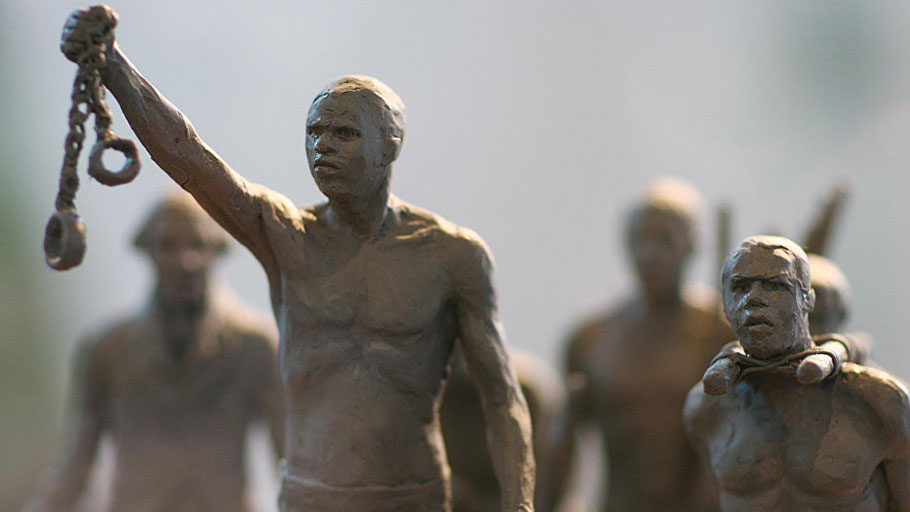
STRUGGLE: The descendants of those who were colonised have long been calling for justice By Dr Nicola Frith — THE PAST 20 years has seen a gradual resurfacing of public…
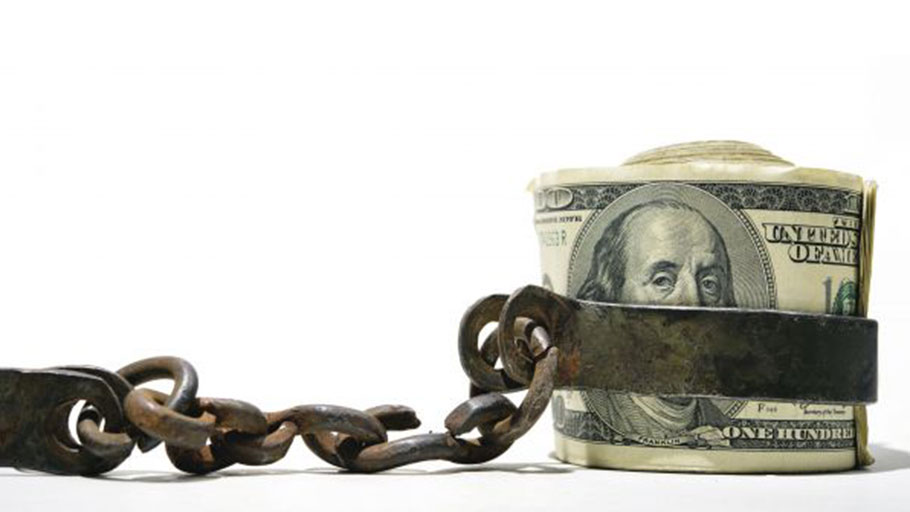
By Dina Gerdeman, Forbes — The ties between slavery and capitalism in the United States weren’t always crystal clear in our history books. For a long time, historians mostly depicted…
In this video, actor Danny Glover calls on Georgetown University to do more for the descendants of 272 slaves sold in 1838 to pay a debt. GU272 Isaac Hawkins Legacy…
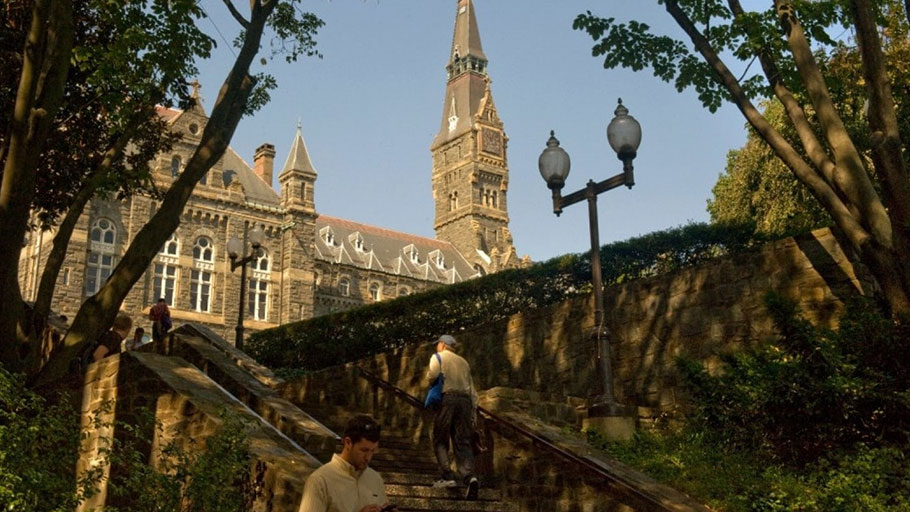
One-hundred-and-eighty years after Jesuit priests sold slaves to save Georgetown University from financial ruin, a group of descendants is calling for restitution. By Susan Svrluga, Washington Post — The university’s president has apologized for the sale, and the school has taken steps to make amends. But Georgetown owes its existence to the money made from the sale of 272 enslaved people, argues Georgia Goslee, lead counsel for the GU272 Isaac Hawkins Legacy group. And…
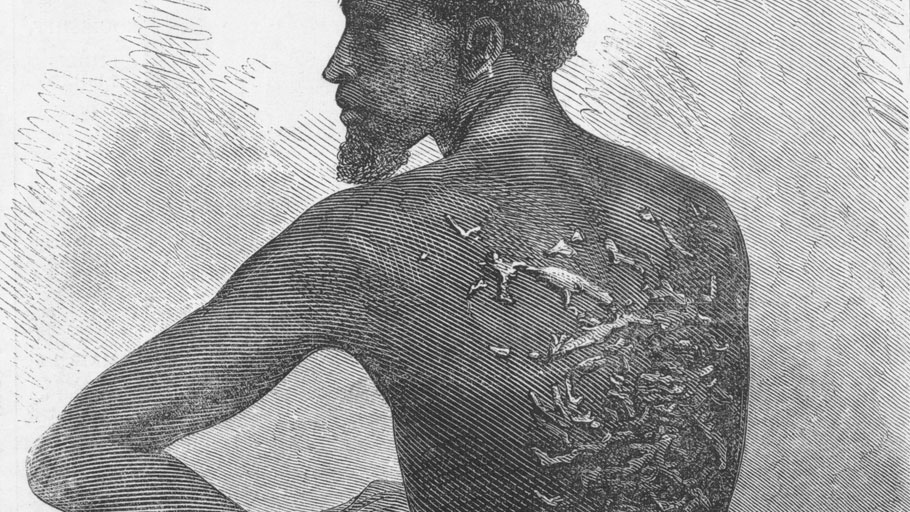
By N’COBRA — The HR 40 Primer was produced by the National Coalition of Blacks for Reparations in America (N’COBRA) with information, assistance, and inspiration of the National African American Reparations…
Video: Danny Glover Delivers the Keynote Speech at the National African American Reparations Commission’s (NAARC) Benefit Reception held at Southern State University at New Orleans on Thursday, November, 30 2017.
Michael “Quess” Moore’s spoken word performance at the National African American Reparations Commission’s (NAARC) Benefit Reception held at Southern State University at New Orleans on Thursday, November, 30 2017.
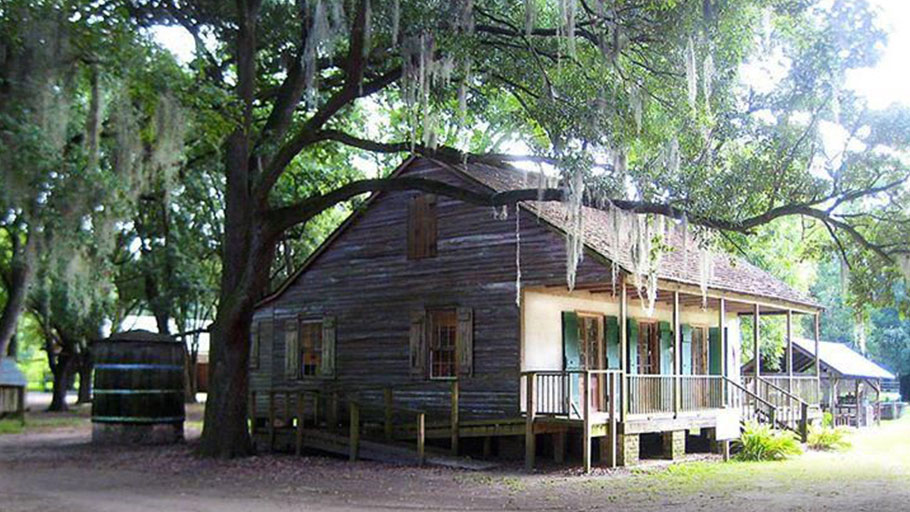
More than 500 slaves fought for their freedom in this oft-overlooked rebellion By Marissa Fessenden, Smithsonian — Two hundred and five years ago, on the night of January 8, 1811, more…
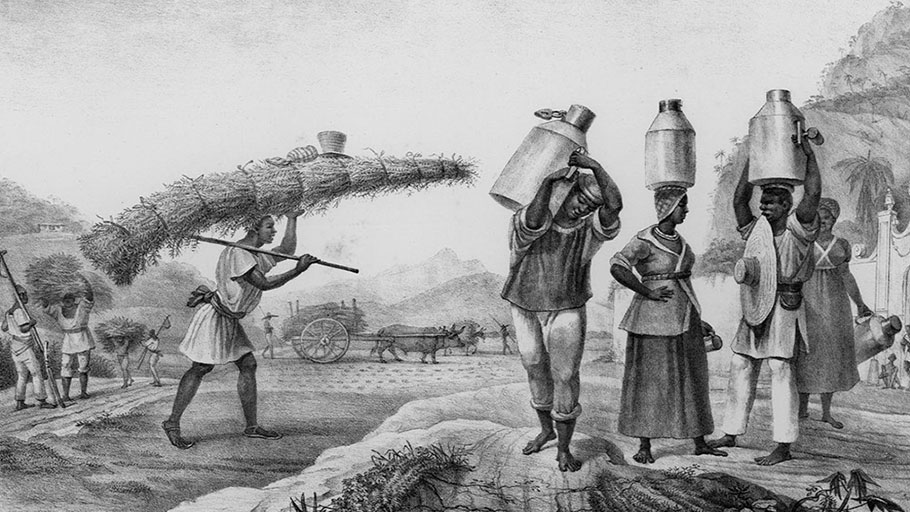
Michigan State University, supported by nearly $1.5 million from The Andrew W. Mellon Foundation, will create a unique online data hub that will change the way scholars and the public…
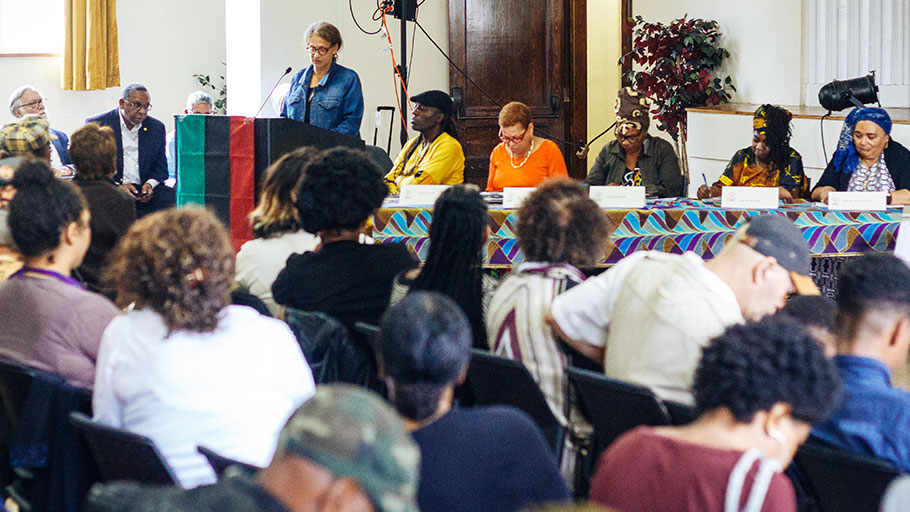
November 30 – December 2, 2017, the National African American Reparations Commission (NAARC) convened a major Reparations Gathering in New Orleans, Louisiana, USA. A primary goal of the Gathering was to continue the process of creating greater public awareness about NAARC’s Preliminary 10 Point Program for Reparations for African Americans and to receive input, suggestions, recommendations on the Program from constituents from the area/region…
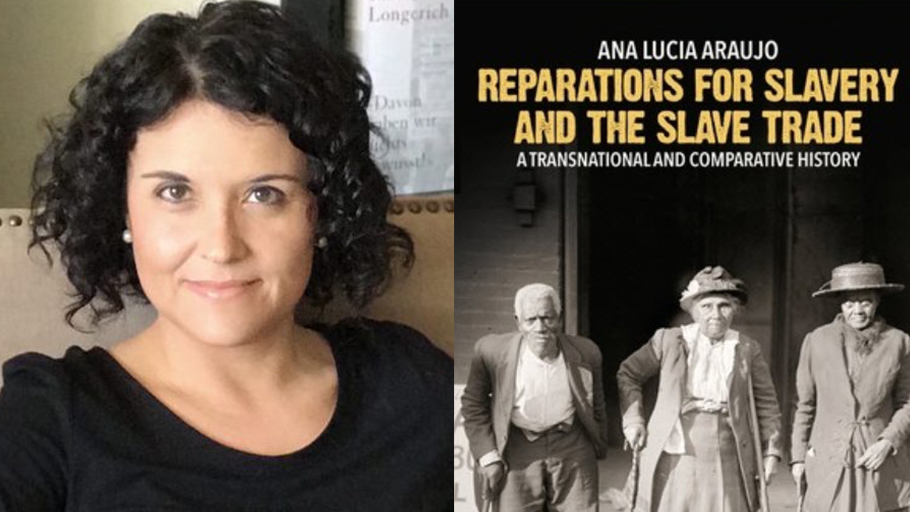
Julie Hawks: What are the principal findings or arguments of your book? What do you hope readers take away from reading it? Ana Lucia Araujo: My book is a narrative history of the demands of financial, material, and, to a lesser extent, symbolic reparations for slavery and the Atlantic slave trade. I combined the approaches of social and cultural history, and relied on written primary sources in English, French, Spanish, and Portuguese, which included abolitionist pamphlets, correspondence, parliamentary debates, petitions by former slaves, newspaper articles, and congressional Bills. I included public discourses by Black activists and politicians in western European countries such as France and the United














